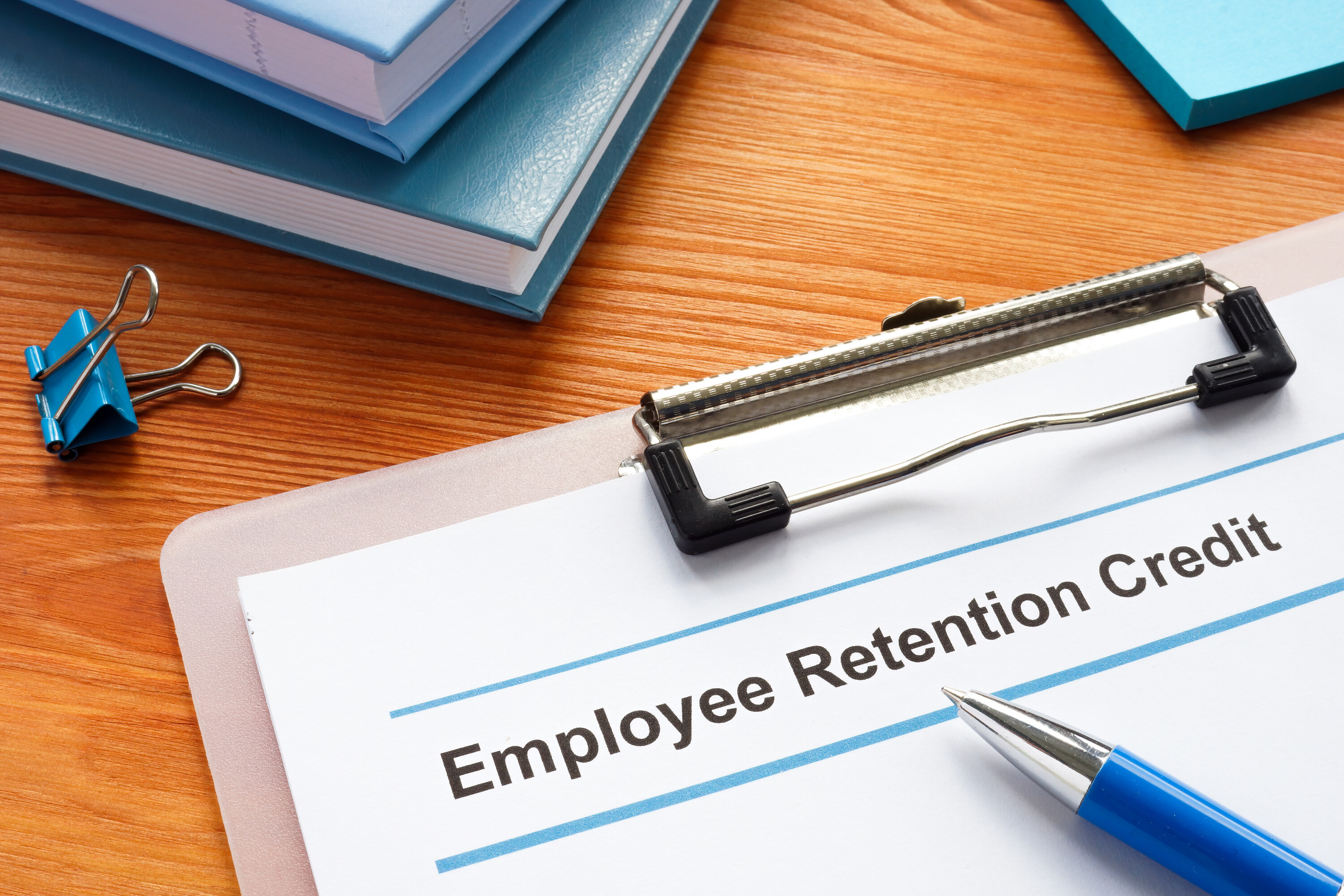IRS Warns of Employee Retention Credit Scams
You may be aware of widely circulated promotions — ads on radio and the internet — touting refunds involving Employee Retention Credits. The IRS says these are a blatant attempt to con ineligible people to claim the ERC credit. The problem is widespread enough to make the IRS's annual "Dirty Dozen" list.
The promotions are mostly based on inaccurate information related to eligibility for and computation of the credit. The aggressive marketing by promoters is misleading people and businesses into thinking they can claim these credits. However, there are very specific guidelines around the pandemic-era credits that provided a financial lifeline to millions of businesses.
According to the IRS, when properly claimed, the ERC is a refundable tax credit designed for businesses that continued paying employees while shut down due to the COVID-19 pandemic, or that had a significant decline in gross receipts during the eligibility periods. The credit is not available to individuals.
Nevertheless, there are websites and advertisements touting how easy it is to qualify for the ERC, lending an air of legitimacy to abusive claims for refunds. Tax professionals are reporting that they're receiving undue pressure from clients to participate and claim the ERC, even when the tax professional believes the client isn't entitled to the credit.
Limited-time offer only
ERCs were only valid during the pandemic and for a limited group of businesses. As always, you are ultimately responsible for the accuracy of the information on your tax return. Willful filing of false information and fraudulent tax forms can lead to serious civil and criminal penalties.
You should think twice before filing a claim for ERCs — the IRS is actively auditing and conducting criminal investigations related to these false claims. Don't get caught up in them, IRS commissioners urge — the agency is stepping up ERC enforcement action. The IRS Small Business/Self-Employed division has trained auditors to examine this type of claim and the IRS Criminal Investigation Division is seeking out promoters of these fraudulent claims.
The IRS encourages tax professionals to continue to advise clients not to file ERC claims when the professionals believe the potential applicants don't qualify. In fact, the agency's Office of Professional Responsibility sent a special bulletin to accountants outlining core responsibilities for ERC claims.
How the con works
Shady promoters make broad arguments suggesting that all employers are eligible without evaluating an employer's individual circumstances. Actually, only recovery startup businesses were eligible for the ERC in the fourth quarter of 2021. Third parties don't inform employers that they can't claim the ERC on wages that were reported as payroll costs in obtaining Paycheck Protection Program loan forgiveness.
Some ERC advertisements exist solely to collect your personally identifiable information in exchange for false promises. Scammers use the data for identity theft. You are urged to report instances of fraud and IRS-related phishing schemes to the IRS at phishing@irs.gov and to the Treasury Inspector General for Tax Administration, a federal office affording IRS oversight, at 800-366-4484.





.png)

Reply a Comment